Trial
If a settlement cannot be reached through negotiations, the next step is often proceeding to trial. A trial is a formal legal proceeding where the dispute is presented before a judge or a judge and jury, who will make a decision based on the evidence and arguments presented by both parties.
Here are some key points to know about personal injury trials:
1. Commencing the Lawsuit: The injured party, known as the plaintiff, initiates the lawsuit by filing a Statement of Claim, outlining the details of the case and the damages sought. The defendant is then served with the claim and has an opportunity to respond.
2. Pre-Trial Steps: Prior to the trial, various pre-trial steps are taken, including discovery (exchanging relevant documents and information), examinations for discovery (oral questioning under oath), and potentially mediation or alternative dispute resolution processes to explore settlement options.
3. Court Proceedings: At trial, both the plaintiff and the defendant present their respective cases through witness testimony, expert evidence, documentary evidence, and legal arguments. Each party has the opportunity to cross-examine witnesses presented by the other side.
4. Burden of Proof: In personal injury cases, the burden of proof rests with the plaintiff, meaning they must prove, on a balance of probabilities, that the defendant’s negligence or wrongful actions caused their injuries or disabilities.
5. Judge or Jury: In Ontario, personal injury trials can be heard before a judge alone or with a jury, depending on the circumstances and the preference of the parties involved. The judge or jury will assess the evidence, consider the applicable law, and make a decision on liability and damages.
6. Verdict and Judgment: Once the trial concludes, the judge or jury will render a verdict. If the plaintiff succeeds, a judgment will be issued, indicating the amount of compensation awarded for damages such as medical expenses, pain and suffering, loss of income, and other relevant losses.
It’s important to note that personal injury trials can be complex, and it is crucial to have skilled legal representation throughout the process. An experienced personal injury lawyer will prepare and present a strong case, present evidence, cross-examine witnesses, and advocate for the best possible outcome on behalf of their client.
Need Consultation
Click on the button below to provide information so we can help with your case.
